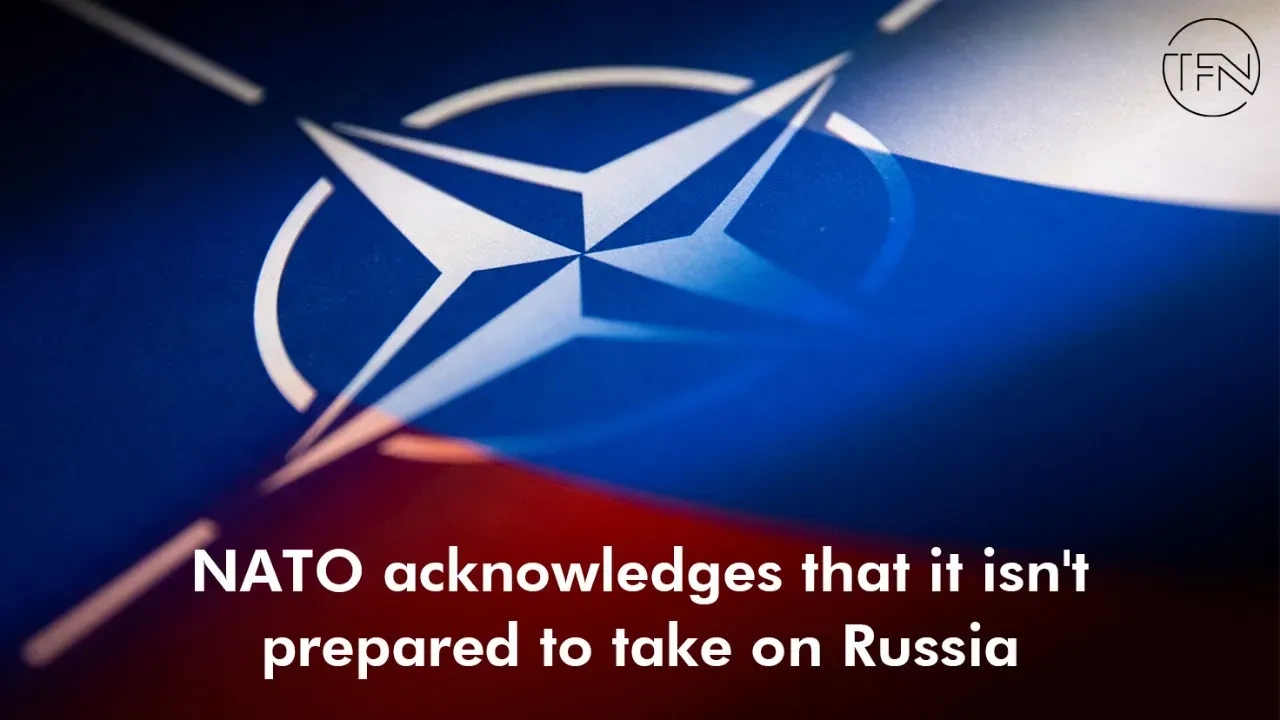
Russia won't find Europe prepared. If Russia invaded Eastern Europe tomorrow, NATO would face several challenges that would make life difficult for soldiers. These can include building supply lines for NATO forces, bringing in reinforcements, or even conducting combat maneuvers.
In a very long time, NATO has not engaged in a war on European soil. Certainly not a bloody, infantry-led invasion-resisting campaign. Only now are European nations becoming aware of this, which is producing a lot of paranoia.
Military planners in Eastern Europe are reportedly looking at prospective routes for military reinforcements, making plans to harden bridges, and adding military transport capabilities to commercial airports. The European Union is currently concentrating on ensuring that the military can utilize the block's civilian infrastructure.
Therefore, financing for initiatives that promote military mobility is being expedited. Projects involving military mobility in the block for the years 2021 to 2027 have received 1.6 billion euros from the EU. This is a smaller portion of the larger Connecting Europe Facility project, which is budgeted at 33.7 billion euros and intends to fund important infrastructure projects.
Are 1.6 billion euros anywhere close to being enough to fund the construction of infrastructure that will aid NATO in its conflict with Russia? Not in the least.
Ursula von der Leyen, the head of the European Commission, had requested 6.5 billion euros to begin infrastructure construction along the prospective border with Russia. What kinds of issues is NATO dealing with in Europe? Simply put, numerous.
NATO forces must first move around a lot. The majority of NATO forces aren't in eastern Europe, which is where a conflict with Russia would have to be fought. Transporting these troops to the front lines is therefore necessary. Then there is an issue. A substantial contingent of NATO soldiers cannot be quickly sent to the front lines from Europe.
This is due to a dearth of train capacity, inadequate information on roads and bridges, very steep and narrow roadways, and a complete lack of military readiness.
There’s more to it. The European bureaucracy is a mountain that NATO appears unable to climb. All initiatives, especially those in the military, which are urgently needed, are slowed down by red tape.
NATO was primarily based in the West in 1991. The Soviet Union was disintegrating at this time. NATO has previously verbally promised Russia that it will not expand its military alliance eastward. That served as the foundation for the Soviet Union's dissolution into a series of tiny Russian satellite governments.
NATO had greatly grown by 1999. thereby breaking its most significant commitment to the Soviet Union. Since then, Russia has been irritated, incensed, and hostile. By 2004, despite Russian opposition, NATO continued to grow. This time, the alliance included nations including Bulgaria, Estonia, Latvia, Lithuania, Romania, Slovakia, and Slovenia.
Albania and Croatia joined NATO in 2009. After that, in 2017, Montenegro joined NATO, and in 2020, North Macedonia did likewise.
The majority of the planet is now under NATO's authority. Additionally, Sweden and Finland will shortly join NATO. The issue with NATO as it currently stands is as follows.
Any conflict between Russia and Europe in the past had to be fought in or near Germany, or at the very least in Central Europe. Eastern Europe must now be the scene of the battle. This indicates that the front line has expanded substantially and is now extremely near Russia. Russia can resupply its forces without having to travel long distances.
But NATO does, traveling from America across the Atlantic, through western and central Europe, and finally, starting with Poland, into eastern Europe. NATO essentially has more area to defend, but it lacks the infrastructure needed to mount a defense. East Europe will be the scene of any conflict between NATO and Russia.
However, NATO hasn't taken many steps to make sure it can fight a lengthy war in this region of the world.
Is NATO arriving a little late?

